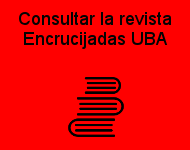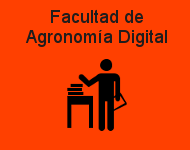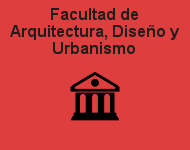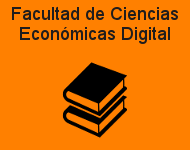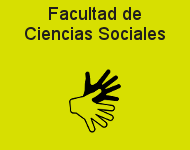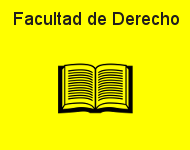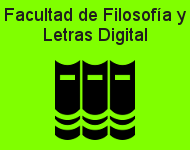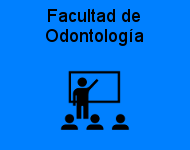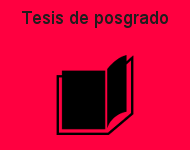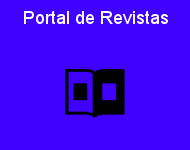En:
Punto sur; Núm. 3 (2020); 131-152
Editor:
Universidad de Buenos Aires. Facultad de Filosofía. Instituto de Geografía. Romulado Ardissone
Fecha:
2020-11-30
Tipo de documento:
info:eu-repo/semantics/article
Idioma:
spa
Temas:
territory - strategy - socioterritorial movements - power relations - Latin America - territorio - estrategia - movimientos socioterritoriales - relaciones de poder - América Latina
Contenido:
Territory has been focus of analysis in diverse literatures. In much anglophone literature it has been conceptualized as a top-down outcome of controlling space, usually by the state. Latin American literatures, in contrast, have tended to emphasize the emancipatory potential of bottom-up struggles seeking territory for autonomy. This paper advances on the understanding of territory as a set of entangled and overlapping strategies and, in doing so, moves away from attempts to conceptualize it through a bottom-up (e.g. social movements) versus top-down (e.g. the state) dichotomy. In order to do so, recent literature on socioterritorial movements –movements for whom territory is central to their strategy– and some of the overlapping and entangled power relations will be examined and explored. The article is organized in three sections, which corresponds to particularly visible strategies of socioterritorial movements in the region from recent decades.
Identificador(es):
http://revistascientificas.filo.uba.ar/index.php/RPS/article/view/9701
ISSN 2683-7404
ISSN 2683-7404
Derechos:
info:eu-repo/semantics/openAccess
http://creativecommons.org/licenses/by-nc-nd/2.5/ar/
http://creativecommons.org/licenses/by-nc-nd/2.5/ar/
Descargar texto:  9701.oai
9701.oai
 9701.oai
9701.oai Cita bibliográfica:
Halvorsen, Sam (2020-11-30). Contested territory: political strategies and socioterritorial movements (info:eu-repo/semantics/article). Instituto de Geografía Romulado Ardissone. Facultad de Filosofía y Letras. Universidad de Buenos Aires. [consultado: 21/5/2025] Disponible en el Repositorio Digital Institucional de la Universidad de Buenos Aires: <http://revistascientificas.filo.uba.ar/index.php/RPS/article/view/9701>


